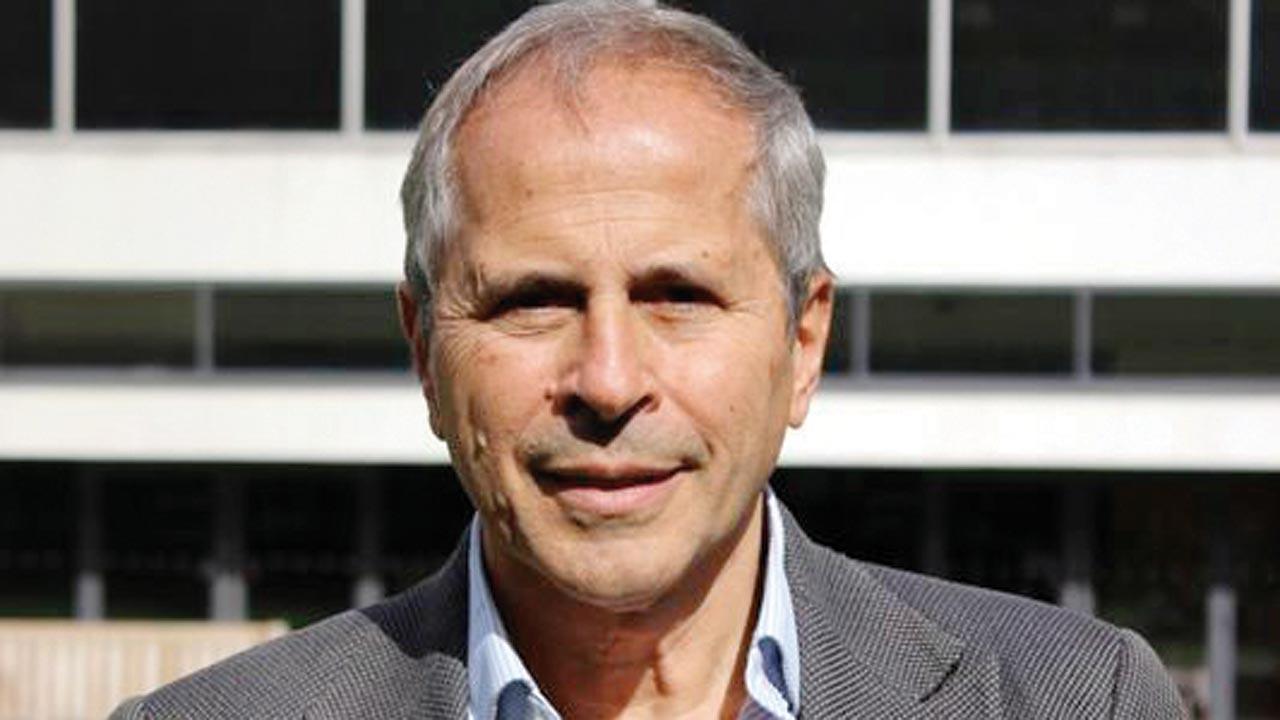Italian professor Andrea Crisanti, who first dared to ask WHO the tough questions, tells it all!

Professor Andrea Crisanti, head of the microbiology department at the University of Padua in Italy, is known as the country’s “father of swabs”
First Scientist To Challenge Who Guidelines On Novel Coronavirus
ADVERTISEMENT
Andrea Crisanti, 66, Italy
Professor of microbiology at the University of Padua
JUST a few months before the Coronavirus outbreak, I was appointed the head of the microbiology department by the University of Padua at their hospital, which is the largest facility in Italy. In this catchment area, in a small village called Vò in Veneto, the first Italian patient died on February 22 of the virus. In my laboratory, we were in-charge of organising all the testing. We built a huge capacity unit to conduct these tests. By the end of it, we showed that by testing everybody and isolating positive individuals, one could identify a faction of asymptomatic patients, who were actively transmitting the virus. We immediately advocated this strategy of mass testing across the world to prevent the spread of the virus. But, the local health authorities and the World Health Organisation (WHO) dismissed it.
Months later, the strategy proved extremely effective since it was applied in countries like Australia, New Zealand, Taiwan, South Korea and even China.
At the very beginning of the epidemic, we began testing the entire population in Vò village. We found that around 40 per cent of them, though infected, were not showing any symptoms, and never developed any. We were clear that these individuals had a high viral load and were able to transmit it to others. I became the first scientist to challenge the WHO guidelines for novel Coronavirus, which until then, had been advising governments to only test people showing symptoms of the disease. But I was convinced that some people could catch the disease and spread it without even realising they were ill. When I called for broad testing, even before the first flare-up came to light in Italy in February, the request was rejected by officials in Veneto region, who relied initially on guidance from national and international health authorities.
I also sought permission to swab students returning from China’s Lunar New Year holidays, regardless of whether they had symptoms, but nobody paid heed. I suggested this because an asymptomatic individual would continue to socialise as per normal, so the virus is moving with these legs. WHO made several mistakes at the start of the outbreak, and only relied on Chinese information. They dismissed warnings coming from Taiwan, which revealed that human-to-human transmission was an important factor that needed to be looked into. Ten days later, China admitted to the same. We are still baffled at how China didn’t recognise this very early on. When the WHO delegation went to China on January 24, 2020, they came back praising the Chinese authorities for their openness. In a nutshell, WHO’s initial response was biased towards Chinese information, and overall, amateurish.
I think one of the biggest reasons why Italy saw a disturbingly high number of deaths was because the infection spread widely and quickly. In the middle of last year, several voices came to a conclusion that I was right. And that was a great validation to our research. But we continued to remain disappointed with the WHO and the local health authorities who did not recognise this threat and let the infection spread to a greater level.
Now that countries are reporting second and third waves, I don’t think it would be very easy to wipe out the virus. The situation will improve after we vaccinate a sizeable number of the world population. We should start worldwide surveillance to spot variants. Each country should develop a powerful testing capability to be able to screen individuals leaving or entering their region. This way, we can atleast stop the transmission of variants that appear before us in the future.
 Subscribe today by clicking the link and stay updated with the latest news!" Click here!
Subscribe today by clicking the link and stay updated with the latest news!" Click here!






